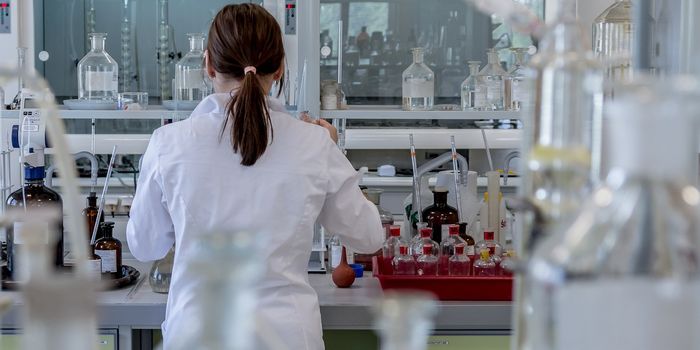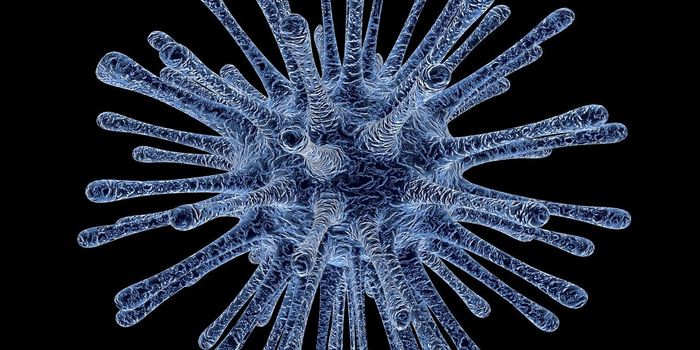Antibody Discovery Improves Malaria Treatment
Malaria is a life-threatening disease that is transferred by mosquito bites. Interestingly, a specific type of mosquito can carry the disease. The transfer of the parasite to humans travels to the liver where it can lie dormant for weeks before infecting red blood cells. Once the infection spreads to the blood, patients start having symptoms including fever, headache, chills, fatigue, vomiting, nausea, body aches, and yellow skin. At this point a mosquito can bite that infected person and further transmit the disease.
Healthcare professionals consider malaria a medical emergency that require immediate attention. Chloroquine is a common treatment given to malaria patients, but many others are available for those that are chloroquine resistant. Malaria is most common in Africa, but can also occur in Central and South America, as well as Southeast Asia. To prevent malaria, individuals take precautions to avoid mosquito bite risk. Therefore, mosquito nets and repellent help reduce risk. Individuals can also wear protective clothing and use vaporizers.
In addition to mosquito control strategies, scientists are developing vaccines and other drug treatments to more effectively treat malaria. This is particularly important for malaria strains that are drug-resistant. Unfortunately, the biological mechanism of malaria is still not completely understood, and scientists are working to learn more about this parasite to provide enhanced treatments.
A recent paper in Nature, by Dr. Thomas Lavstsen and others, discovered antibodies that can recognize, and target proteins associated with malaria. This is a major breakthrough in the field of malaria treatment. Specifically, this paves the way for improved malaria vaccines and anti-malaria drugs. Lavsten is a professor within the Department of Immunology and Microbiology at the University of Copenhagen. His work focuses on malaria life cycle, progression, and malaria vaccine development. His recent work focuses on malaria’s interaction with the immune system and how our body responds to treatments.
Progressive or severe malaria is caused by a parasite known as Plasmodium falciparum, which infects red blood cells. As a result, the red blood cells stick to blood vessels and cause disruption of blood flow. Clogged blood vessels can lead to fatal injury, especially if it occurs in the brain. The blocked vessels are caused by a family of malaria-related proteins which allow the red blood cells to stick to the blood vessel walls. Researchers wanted to understand ways to target these surface proteins to eliminate blood vessel obstruction. In collaboration with other research groups, Lavsten and his team found an antibody that targets these proteins and avoids the development of blood vessel clotting.
The team developed a technique to grow human blood vessels in a dish and used this to test whether the antibody had an effect on malaria infected blood. The team could not use mouse models because mouse biology against malaria is too different and would not have translated well to humans. Therefore, researchers treated malaria-infected blood with the suspected antibody and found a significant decrease in blood vessel occlusion.
Lavsten and others for the first time discovered an antibody that can target a wide array of malaria surface proteins to avoid blood clots. This discovery has major implications on the development of malaria vaccines and has the potential to reduce risk in children who have low levels of these specific antibodies. Overall, this research has the potential to improve current malaria treatment and increase patient survival.








